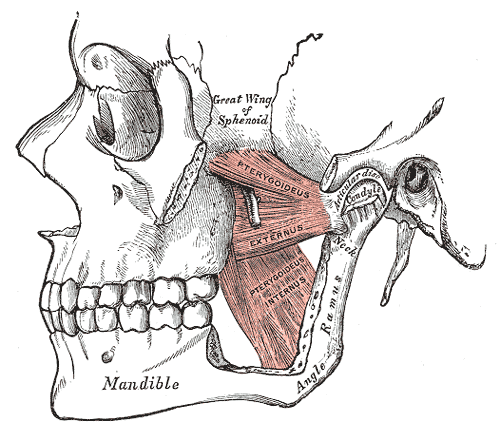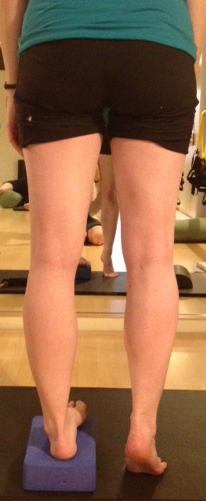Blog
Depth of Plié
One of the physical differences I have noticed between myself and other dancers is the depth of my demi-plié. A demi-plié, for those of you who are non-dancers, is simply a bend in the knees without lifting the heels. A dancer's range of motion in this movement is usually limited by both the skeletal structure of the ankle (talocrural) joint and the length and flexibility of the plantar flexors (calf muscles and toe flexors) and the surrounding fascia.
Arch Supports? Really?
Now, let's assume we all know that arch supports are not something our bodies should need if (a big "if") we had been using our bodies and feet correctly over the years (and if this statement is not entirely clear to you, see the footnote below*). I just want to take a minute to look at the problems with how the Dr. Scholls machines in the drug stores evaluate your feet and determine which supports you "need."
A Toast to Change
There have been several articles/news stories out lately introducing and repeating information that challenges what, in the scientific and medical community, we would consider to be "common knowledge." Our ideas regarding cholesterol, gene expression, and even the anatomical structure of the knee are evolving.
Walking like a dancer? Stance -- the basics
It is true that many dancers, particularly if they have had ballet training, stand and/or walk with their feet pointing outward rather than straight ahead. But have you ever noticed how many non-dancers do the same thing? The next time you're among people, take a look at their feet and how they are standing and walking. You might be surprised!
To bite, or not to bite . . .
But really, when you think about it, our bite is yet another movement of bones that is controlled and influenced by muscles and other soft tissue surrounding the jaw. Couldn't it be the case that my bite changes and adjusts according to how I am using the muscles of the jaw and neck?
Exploring Tibial Torsion, or "Why do my feet point one way and my knees the other?"
Knees clearly pointing in, feet pointing out -- a classic example (or so I thought) of tibial torsion where the tibia (shin bone) is twisted along its length, resulting in knees that face a different direction than the feet.
Subscribe to blog posts from Synapse in Motion
**Your information is never shared or sold.






